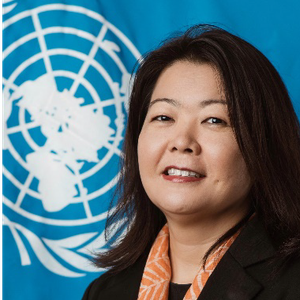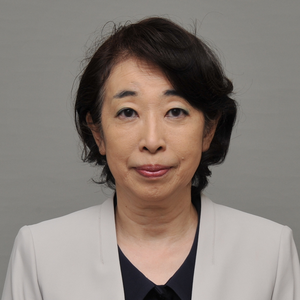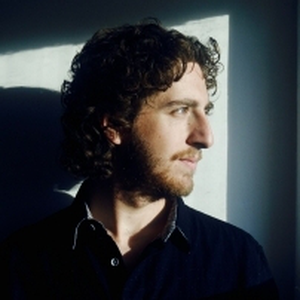Event Details
Few other industries were as deeply disrupted by the pandemic as sports; most of the games are not so fun if the players have to be socially distanced. Gathering huge crowds of people for mass sports events did not seem a good idea amid the raging epidemic either. Not surprisingly, The Economist's recently developed normalcy index, tracking key areas of social and business activity across 50 of the biggest economies of the world, shows that sports remain only at 20% of their pre-pandemic activity level, which is the lowest position in the index. With the vaccine rollout, there is renewed interest in sports from athletes, their fans, and sponsor companies, but given the concerns about the timing of mass events and the infection rates in different countries it will most likely take a while until the sports industry gets fully back to normal.
On a more personal level, sports also played a huge role in helping people overcome the loneliness, anxiety, and stress of the last 18 months. This is not a new phenomenon, since historically professional and amateur sports have significantly contributed to promoting a diversity and inclusion agenda in society by giving new chances and opening new doors to people from various walks of life. One can be certain that in the future this will stay one of the main reasons for the widespread and global passion for sports.
How will the sports industry change going forward and how will it contribute to the post-pandemic recovery? What new approaches have businesses developed in sponsoring and promoting sports activities? Join us as we discuss the future of sports with key experts at our late summer event in Tokyo.
Please note that this event is limited to senior-level executives and per invitation only. If you are not an existing member of The Economist Corporate Network, but would like to learn how you can attend our events, please contact us.





